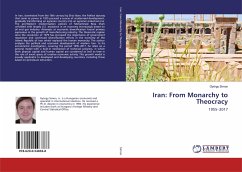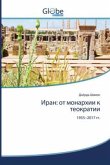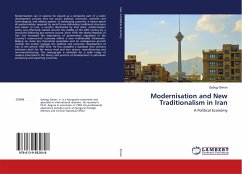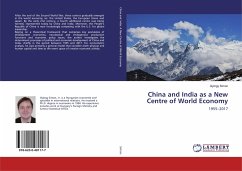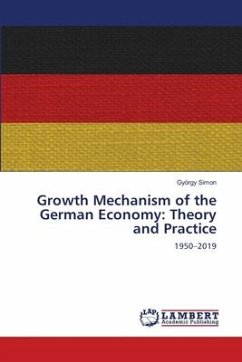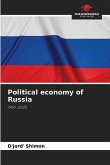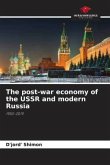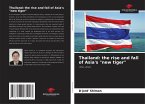In Iran, dominated from the 16th century by Shia Islam, the Pahlavi dynasty that came to power in 1925 pursued a course of accelerated development, gradually transforming an agrarian country into an agrarian-industrial one. The pro-Western modernisation policies of Mohammad Reza Shah unfolded with largely U.S. assistance in an economy increasingly based on oil and gas industry. Attempts at economic diversification found primary expression in the growth of manufacturing industry. The theocratic regime since the revolution of 1979 has increased the importance of government regulation and continued diversification efforts in the economy of the Islamic Republic of Iran which replaced the Iranian monarchy. The author analyses the political and economic development of modern Iran. In his econometric investigation, covering the period 1955-2017, he relies on a general model with a built-in mechanism of technical progress, in which both physical capital and human capital are considered as well as time in the role of event space of creative economic activity. This growth model is equally applicable to developed and developing countries, including those based on petroleum extraction.
Bitte wählen Sie Ihr Anliegen aus.
Rechnungen
Retourenschein anfordern
Bestellstatus
Storno

